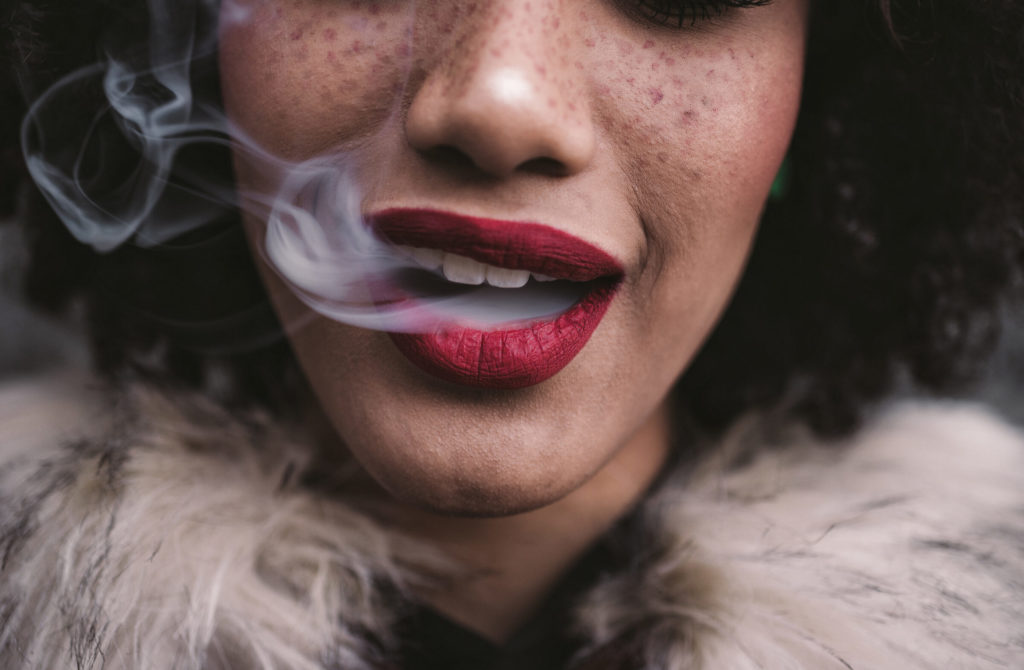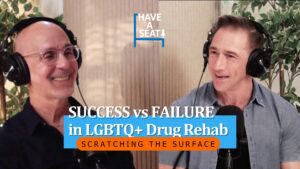Over 38% of American Americans entering prison are convicted of drug offenses. For whites, that number is 25.4%. Even worse, Blacks are more likely to be killed by law enforcement, often being labeled as violent addicts. What’s more, African Americans seeking substance abuse treatment often face barriers when they try to access it.
To the uninformed, it may seem like drug and alcohol abuse are huge problems in the African American community. And while substance abuse is an issue for this group, it’s not because African Americans are any more addicted to drugs and alcohol than other groups.
The opposite is true, in fact. Compared to their European Americans, African Americans start drinking alcohol later and report lower levels of alcohol use across adulthood.
Another national study found that 38.2% of whites aged 18 to 25 reported illicit drug use in the past year. For African Americans, that number was only 30.6%.
So if African Americans are using substances later and less often, then why do we hear about it more? The answer has to do with systemic racism.
From schools to police departments, to entire neighborhoods and towns, the United States gives whites an advantage over Blacks. It’s a complex issue and one that’s only now getting the attention it deserves.
With that in mind, it’s impossible to tackle the subject in a single article. Still, we at La Fuente Hollywood Treatment Center want to participate in the discussion.
Keep reading to learn about the impact of systemic racism on substance abuse treatment for African Americans, as well as what can be done to improve treatment outcomes.
Rates Of Substance Abuse In African Americans
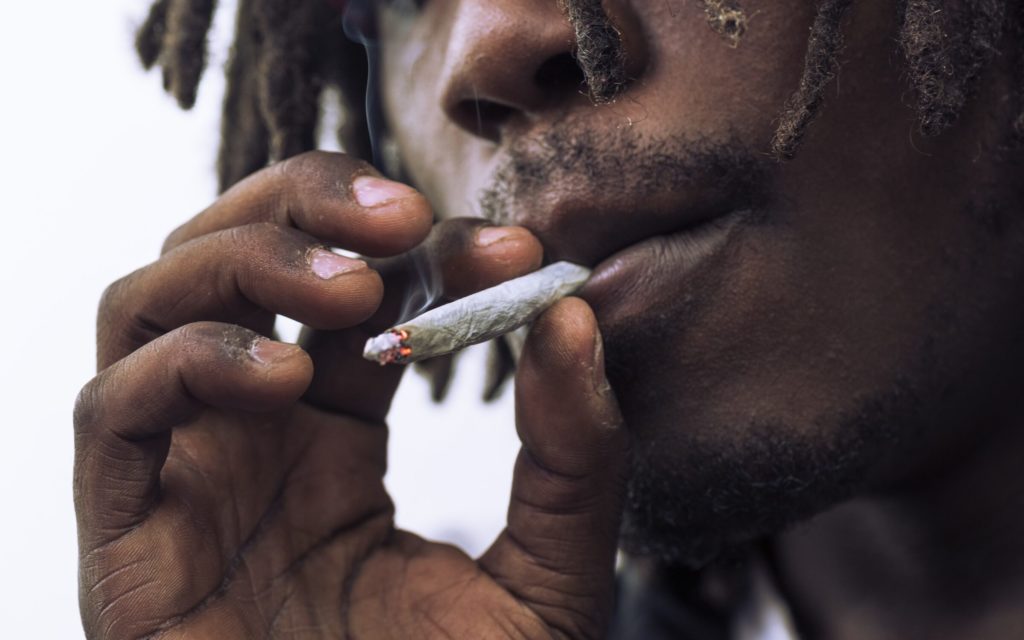
In order to understand the complex factors impacting substance abuse in the African American community, it’s important to understand how substance use and abuse differs between racial groups.
The most important thing to realize is that substance use doesn’t discriminate along racial lines. Any person, regardless of their racial or ethnic identity, can be impacted.
For example, the 2012 National Survey on Drug Use and Health found that about 23 million Americans aged 12 and older used illegal drugs. The same survey reported an estimated 22.2 million people aged 12 or older were classified with substance dependence or abuse in the year prior.
That being said, studies find that whites have higher rates of substance abuse disorders than other racial and ethnic groups.
Indeed, one national survey found that 38.2% of white Americans aged 18 to 25 reported illicit drug use in the past year. Compare that with only 30.6% of African Americans. Other studies report similar racially-based discrepancies in marijuana use, ecstasy use, binge drinking, and prescription drug abuse.
Another study conducted on college students also demonstrates this point well. Researchers compared illicit drug use rates between Black and white students. More specifically, they looked at students of Historically Black Colleges and Universities (HBCUs) and those attending predominantly white institutions. They found students from HBCUs reported significantly lower rates of marijuana, cocaine, sedative, and hallucinogen use than students at non-HBCUs.
The Role of Racism On Substance Abuse in African Americans
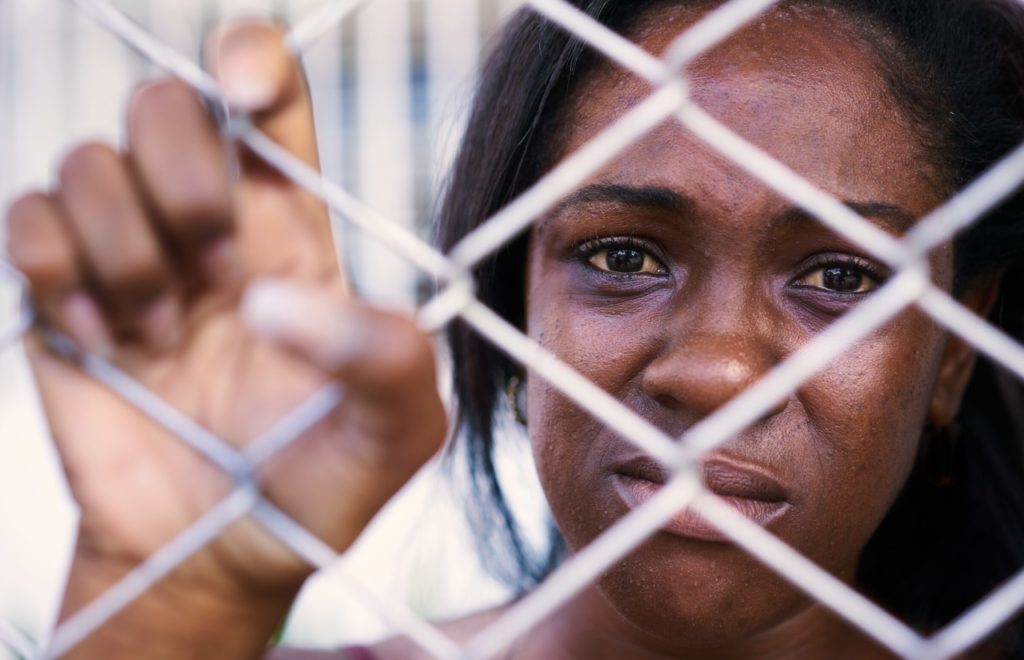
While rates of substance use are lower among African Americans, it’s still important to know why they use and abuse drugs in the first place. There are many explanations, but for our purposes, let’s focus on the effect of racism and discrimination.
Several studies have shown that racial discrimination is both an acute and a chronic stressor. These stressors negatively affect both physical and mental health. As such, substance use may become a coping mechanism for African Americans. It’s something that allows them to relieve anxiety, depression, or to escape from current or past stressors. In simpler terms, discrimination may increase the risk for substance use and misuse.
Discrimination also has an indirect effect on risky and/or unhealthy behavior. Blacks who report more experience with discrimination are also more likely to report alcohol, marijuana, and crack use.
It’s also worth noting that while rates of substance use are lower among Black adolescents than white adolescents, the opposite is true for adults. This suggests that years of coping with discrimination may lead to substance abuse later in life.
Racially-Motivated Policing And Its Effect On Substance Abuse Statistics
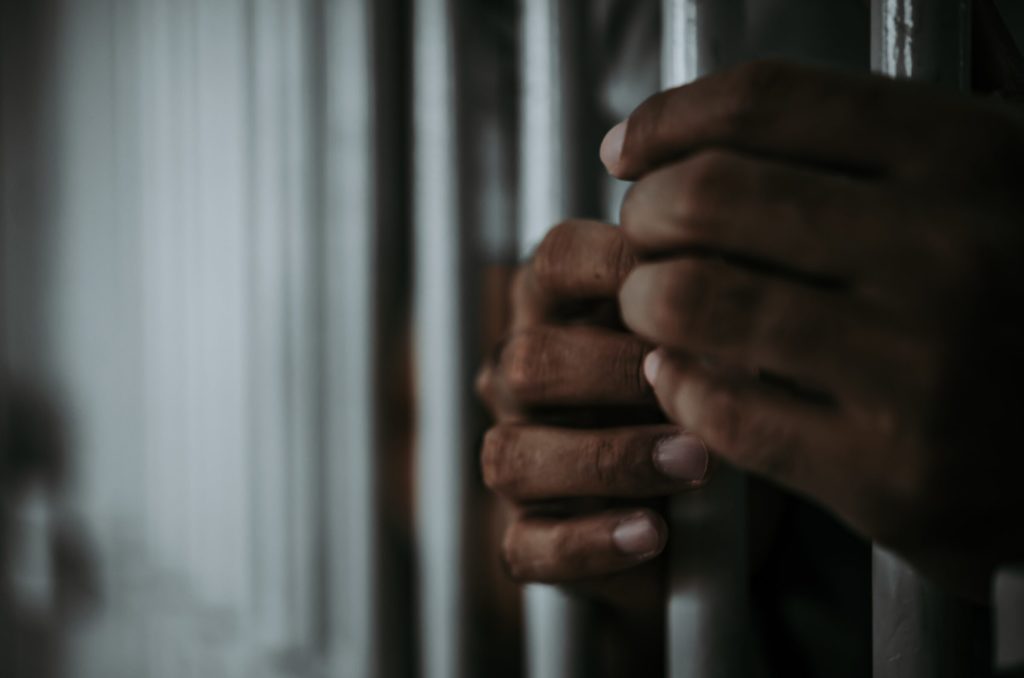
African Americans are punished more severely for their drug use and abuse because of racially-motivated policing practices.
These practices aren’t new. In our country’s short history, there countless examples of police brutality towards African Americans. From lynchings in the 1930s to George Floyd’s death at the hands of the police in May 2020, thousands of innocent African American lives have been stamped out by bigoted police officers operating in a racist system. It’s a system that gives them near-total impunity, regardless of how heinous their crimes are.
But we can’t just look at police behavior on an individual level. Much of their behavior is likely a result of laws such as the Anti-Drug Abuse Act of 1986 and 1988. These laws make up the bedrock of the so-called War on Drugs in the United States. But what was initially a plan to stop illegal drug use and distribution quickly turned into a targeted campaign aimed at Blacks.
As a result, Black Americans have been, and continue to be, disproportionately arrested, convicted, and incarcerated on drug charges. For example, data from 2006 shows that Blacks were arrested for drug offenses 2 to 11.3 times more often than whites.
In fact, whites remain relatively untouched by anti-drug efforts by police. A recent study in Seattle illustrates this point well. The majority of people who share, sell, or transfer serious drugs in Seattle are white. Indeed, 70% of Seattle’s population is white. And yet 64.2% of the city’s drug arrestees are black.
The Seattle example illustrates an important point about drug policing. In Seattle, and in other cities across the country, police departments dedicate more resources to patrolling racially-diverse neighborhoods than to predominantly-white neighborhoods.
In addition, this study showed crack transactions (a “Black” drug) are policed more than transactions involving meth, ecstasy, powder cocaine, and heroin (“white” drugs).
Barriers to Substance Abuse Treatment For African Americans

Systemic Barriers
The criminal justice system’s unjust treatment of African Americans is problematic in and of itself. But it also represents a major barrier to treatment for those suffering from substance abuse.
Our racist systems see white substance abusers as sick and in need of help, while Blacks are seen as criminals who belong in jail. Indeed, some conservative media outlets justified Michael Brown’s death at the hands of police, saying “he smoked weed.” Likewise, journalists questioned whether fentanyl found in George Floyd’s blood contributed to his death, rather than calling it what it was—a murder by the police.
As a result of these prejudices, African Americans caught with drugs are carted away to jail, or in some cases, killed, rather than given the help and support they need.
Individual Barriers
Economic factors like lack of employment, housing, or health insurance are also major barriers to treatment for African Americans. For starters, those in lower socioeconomic groups may try to enter publicly-funded substance abuse treatment. Unfortunately, these programs often have long waiting lists and a lower standard of service compared to private treatment centers.
And even if African Americans succeed in entering substance abuse treatment, they’re 8% less likely to complete it than whites. This is largely due to the socioeconomic factors discussed earlier.
Another challenge for African Americans entering substance abuse treatment is culture. Indeed, some African Americans believe family matters should be kept within the family. This prevents them from seeking outside help for “private matters” like substance abuse.
How To Improve Substance Treatment Outcomes For African Americans

Government Initiatives
On a governmental level, the Affordable Care Act includes provisions aimed at transforming the financing and delivery of publicly-funded substance abuse treatment services. These provisions also include the creation of a federal Office of Behavioral Health Equity, an organization whose mission is to address mental health and substance abuse treatment disparities.
State Medicaid programs are another important target for reform. These eventual reforms would give states greater flexibility to reimburse for residential substance abuse treatment.
For people looking for substance abuse treatment in California, there’s good news. Since 2015, the federal government-approved California’s Medi-Cal Organized Delivery System Waiver amendment.
This approval expanded coverage to more people seeking substance abuse treatment in California. In addition, it requires more access to evidence-based practices for substance abuse treatment. Covered substance abuse services include outpatient services, intensive outpatient services, and narcotic treatment services.
These reforms would mean more funding spent on treatment and less money spent on corrections and emergency department admissions. Policymakers are confident that lower public expenditures will offset the spending of more Medicaid dollars on substance abuse treatment.
California, perhaps more than most states, is aware of this. Thanks to over 15 years of grassroots advocacy and media attention, the state’s prison population has decreased 25%. While this is a strong start, Californians continue to push for a redistribution of public funds away from prisons and towards mental health treatment and substance abuse services.
Recommendations For Treatment Centers
In terms of improving substance abuse treatment for African Americans, it’s worth noting that Blacks treated in residential treatment programs have better outcomes than those who receive outpatient care. For this group, higher placement rates in residential treatment could help limit racial disparities and could compensate for other forms of disadvantage they experience.
It’s also important for treatment centers to provide culturally competent care. At the very least, this means having a multicultural treatment team. It also means integrating spiritual, linguistic, and cultural practices to help employees better communicate and connect with their clients.
How La Fuente Is Changing The Conversation
Here at La Fuente Hollywood Treatment Center, we don’t claim to be perfect. We recognize that more must be done to improve substance abuse treatment for members of the African American community. Moreover, we believe substance abuse treatment for American Americans must specifically address their unique experiences and challenges.
First, and foremost, we’re educating ourselves. With that in mind, we’re committed to learning more about systemic racism, police brutality, and other injustices African Americans face. We’re also helping out those within our own community who come in contact with us.
Next, we’re passionate allies for members of the African American community. For starters, we have a multicultural treatment team. We also welcome and affirm members of the African American community without bias or discrimination.
If you or a loved one is looking for culturally competent care, fill out the form below and we’ll contact you in 24 hours or less.
From Manny and the entire treatment team, we wish you a happy Black History Month.


